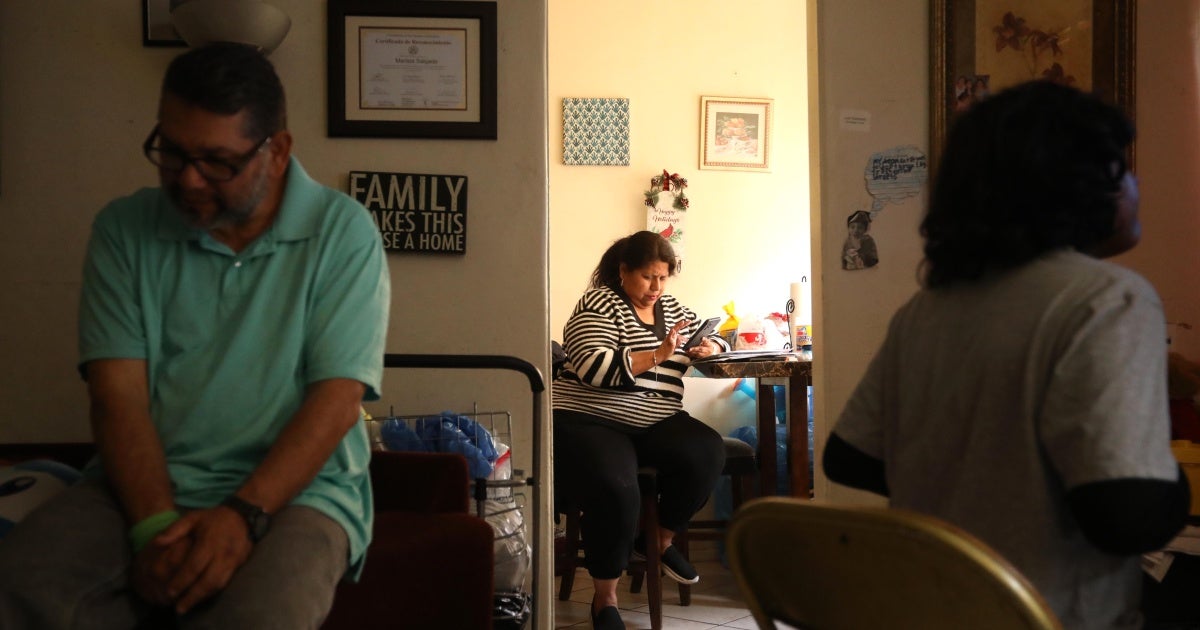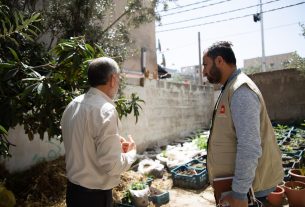People in the United States are more reliant than ever on using the internet for all aspects of their lives. But one in six US households may lose internet access by June when current federal funding for the Affordable Connectivity Program (ACP) ends. This puts millions of underserved people in the US, including people of color, older people, and people with disabilities, at risk of losing their ability to telework, receive telemedicine, attend online classes, and maintain social connections, among other daily essential activities.
The ACP emerged in 2022 as a means-tested program that reduces low-income households’ monthly internet bill by $30 (or $75 in Tribal lands). Some legislators have proposed extending the program through the end of the calendar year, with a budget of between $6 and $7 billion, about half of its initial budget of $14.2 billion. One of the funding proposals would also further restrict household income eligibility, potentially disqualifying 7.4 million currently eligible households.
Cynthia George, 71, is retired and lives on a low, fixed income. She recently told CNN that she uses the internet to find grocery deals and stretch her food stamps entitlement. Cynthia fears that if the ACP is defunded, she’ll have to choose between paying for the internet or food.
Cynthia isn’t alone. People aged 65 and older comprise almost 20 percent of the ACP’s recipients and in recent surveys the overwhelming majority of older people expressed concern about losing access to online social security, Medicare, healthcare services, and communication with loved ones.
Access to the internet is essential for the realization of a broad range of rights in the US, and for millions of people, the ACP is essential for keeping them connected. Rather than widening the already stark digital divide in the US, Congress should commit to permanently and robustly funding the ACP or otherwise promptly putting in place effective policies to ensure underserved people, including older adults, can access the internet.



